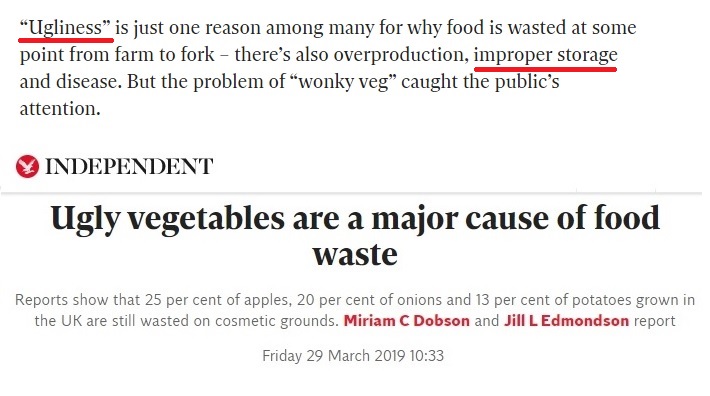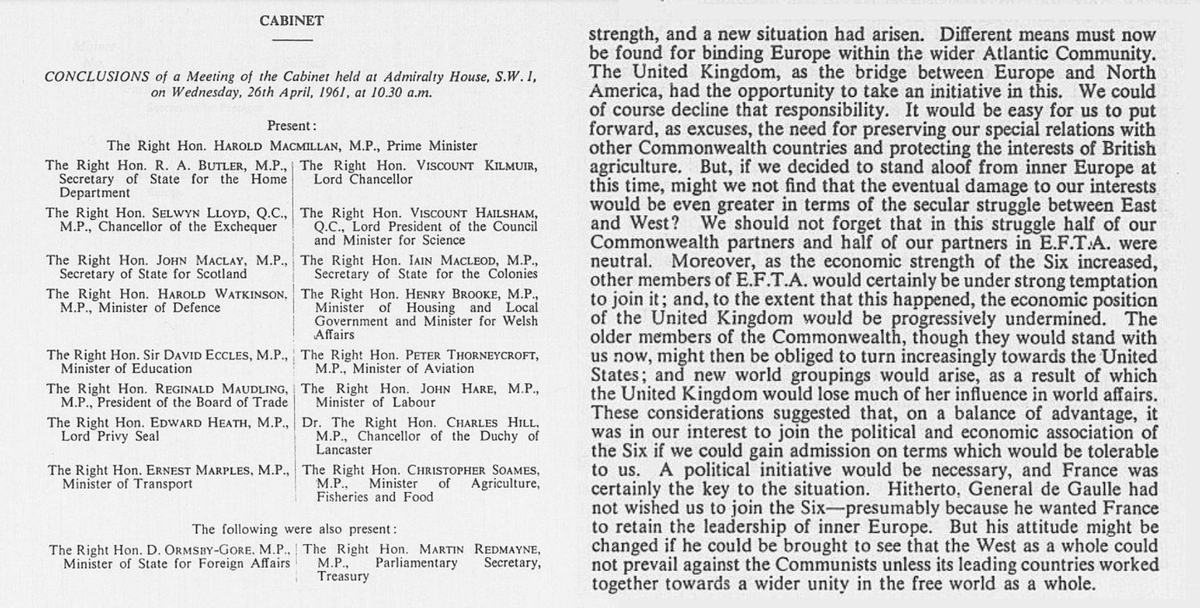
There is just some lies in here. The EU *is* offering a Canadian style free trade agreement,
https://twitter.com/SkyNews/status/1317060469392289793
They are offering the right to regulate, it's in the proposal. It does *not* control our legislative freedom, what it does it set a standard that we both agree on.
The UK continues to say that their standards are better, and that they won't lower theirs beyond that of the EU.
So in theory this is a no brainer, and what the press should be doing it pointing out the only limitation is not on legislation but on standards, and then asking him what standards does he believe we're going to drop beyond the ones we have.
That is the substance of the argument they are having. The EU is saying that when they set a minimum standard they bring it to the UK and they try to get the UK to agree to it.
If the UK agrees with it, it is then added to the deal and the UK legislates *in it's own way* to ensure that standard is made.
Based on one face the government is speaking with, this will involve no regulatory action on our part because these base standards won't be close or our: "World beating welfare and environmental standards".
So either the plan is to lower standards, or this is pure principle over prosperity.
And if this principle, why abandon the principle of telling the truth about what this argument is all about, rather than spending months talking about how they want us to accept their laws?
The PM should be being asked which standards does he want to protect from being lowered beyond the MINIMUM standards that the EU sets?
Because that's what this boils down to.
/End
/End
• • •
Missing some Tweet in this thread? You can try to
force a refresh






